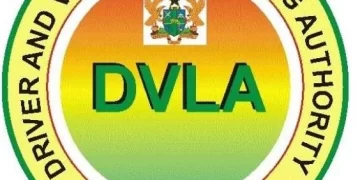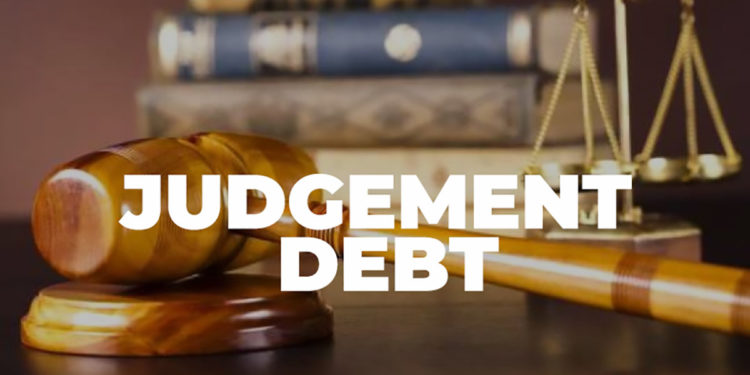Development experts want Ghanaians to grow and battle against the payment of judgement debts that, according to them, have led to the country’s socio-economic development.
This issue arose because of Media General’s policy of continuous payment to debtors.
For a nation that is already struggling to fulfil the essential needs of its population, certain questions have also been raised about the need to fix all tax leakages to have enough to meet the needs of the people. For instance, several classroom blocks are either in bad shapes or uncompleted forcing school children to study under trees and the Government have failed utterly to provide them with decent ones.
The country continues to lose billions of cedis because roads across the country are incapable to transport food produce from rural areas to urban centres. Meanwhile, in the health centre, women die in childbirth due to inadequate healthcare delivery and basic facilities such as hospital beds.
Read Also: We would uphold cultural principles against LGBTQI – Awal
Money is spent on legal judgment debts while potable water and access to electricity are still challenges confronting the majority of residents in rural Ghana.
The tragic truth is that over 283 million dollars has been paid as a judgment debt in the last four years and it is the taxpayer that pays and not the public office holder for losses that they made.
‘’One of the challenges in Africa is leadership, the problems in Africa and indeed Ghana is the refusal of these leaders to rise to the challenge of leadership; and the challenge of leadership is being a steward and being a servant.’’ – Professor David Abudulai, Chief Executive Officer of the African Graduate School of Management and Leadership
Executive Director of STAR Ghana, a civil society organisation, Ibrahim -Tanko Amidu, says not only is judgement debt criminal but also threatens the country’s socio-economic development.
‘’The conflicts that we are seeing in neighbouring countries some of them are as a result of people feeling left out.’’ …’’ so what do they do, they create confusion’’. ‘’So where judgement debts take away resources that would have gone into developments, then we are sowing seeds for insecurity’’ so judgement debts worsen our poverty, judgement debts have the potential to contribute to instability.’’
The people of this country must recognize how serious the problem is and hold their political officials accountable and hold the media accountable for its reporting.
“Unless the citizens of this country get angry enough and say this cannot continue and hold their representatives, parliament accountable, they hold the executive accountable; until the media also decides to focus on this, not as a one of the story but as a continued engagement with the issue, we will not gain the kind of attraction and the leverage to be able to make a change’’
Parliament has also been encouraged to be interested after contracts have been accepted.
“What is Parliament saying, if Parliament approved contracts and then these contracts are subsequently abrogated, what is Parliament doing’’.
Yapei Kusawgu MP, John Jinapor agrees, noting monies paid as judgement debts could be used for development.
‘This is a huge sum of money that could have been invested in other areas; these are monies that could have been used for other purposes’’ Those responsible should be held to account.’’
Some have argued that judgement debts usually could be avoided with many blaming political leaders as being insensitive to the plight of the citizenry, the majority of whom live on less than 5 cedis a day.
Alternatively, as described above, one way is the presence of mass outrage through modern and conventional media.
Source: ATLFMNEWSROOM



























